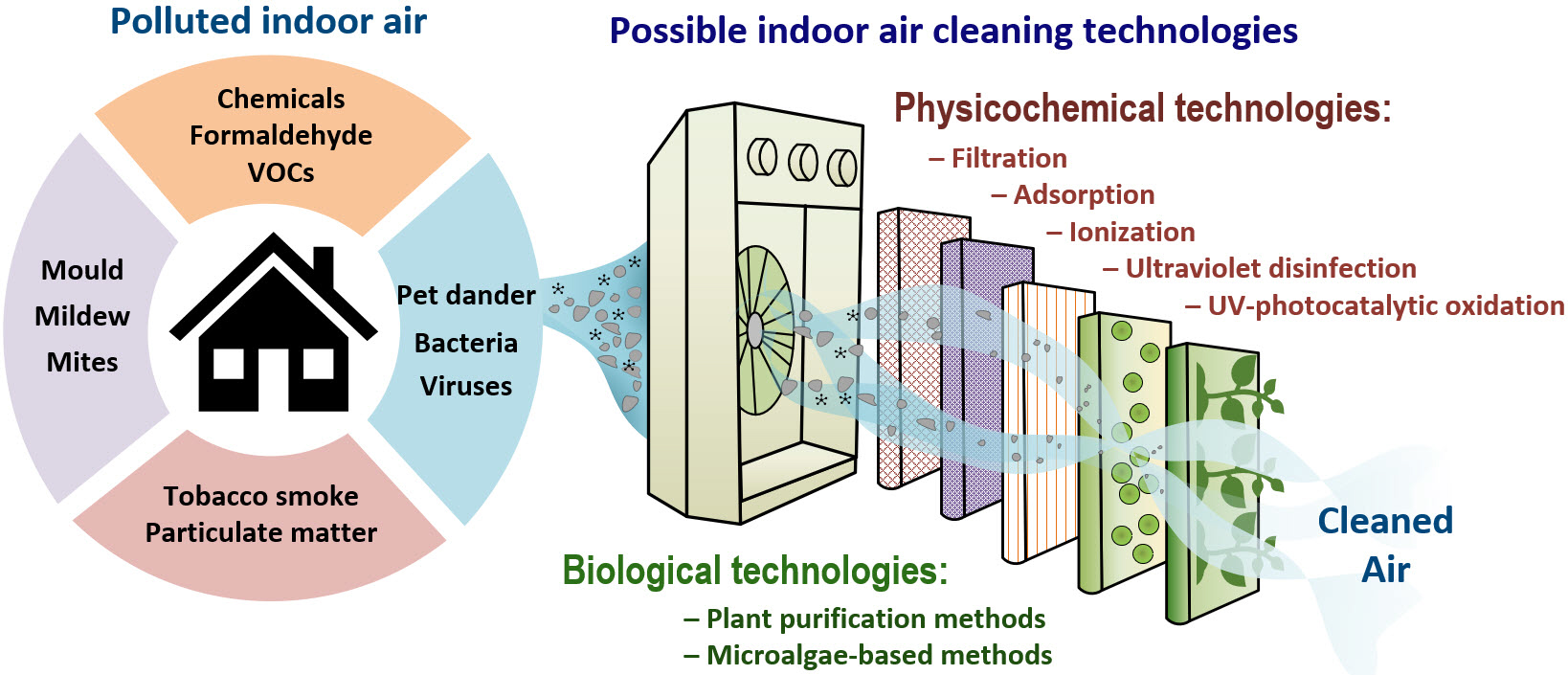In the fast-paced and high-stakes world of healthcare, nurses and other medical professionals often find themselves at the forefront of patient care and, consequently, at a higher risk of facing legal challenges. Whether it’s a minor error or a complex clinical decision, the repercussions can be significant, impacting both professional careers and personal lives. To navigate this landscape safely, it’s crucial for healthcare workers to adopt proactive strategies that mitigate legal risks and enhance their practice standards.
Stay Educated and Informed
The first step in minimizing legal exposure is ensuring that you are consistently updated on the latest in healthcare regulations, standards of care, and medical advancements. Continuing education not only broadens your knowledge and skills but also keeps you abreast of evolving practices that can directly impact patient care. Attending workshops, obtaining certifications, and participating in professional development courses can significantly reduce the likelihood of outdated practices leading to legal issues.
Adhere Strictly to Protocols and Guidelines
Adherence to established medical protocols and guidelines is critical. These guidelines are designed to standardize care and provide the best outcomes for patients, and straying from them can lead to malpractice claims. It is essential to follow the procedures set forth by your healthcare institution and the broader medical community, documenting every step to ensure there is a clear record of compliance and decision-making.
Communication is a cornerstone of effective nursing. It involves not only interacting with patients and their families but also collaborating with other healthcare providers. Clear, concise, and timely communication can prevent misunderstandings and errors, thus reducing legal risks. Ensuring that all verbal orders are confirmed in writing and maintaining thorough documentation of patient interactions and care plans are essential practices.
Professional Liability Insurance
One crucial aspect of safeguarding against legal issues is understanding the role of professional liability insurance. This insurance provides a layer of financial protection in the event of a lawsuit, covering legal fees, settlements, and any court-awarded damages. For nurses, specifically, nursing malpractice insurance is a critical tool. It not only defends against claims of negligence or mistakes in patient care but also offers peace of mind, allowing nurses to focus on their primary responsibility: patient care.
Develop a Support Network
Building a strong professional network within the healthcare community can provide significant support and guidance. This network can include mentors, legal advisors, and colleagues who can offer advice and share experiences related to handling legal challenges. Furthermore, being part of professional organizations can provide additional resources, including legal support services, which are invaluable in navigating potential legal pitfalls.
Regularly Review and Reflect on Practice
Continuous self-evaluation and reflection on your practice are vital for professional growth and legal safety. Regularly reviewing your patient care strategies, consulting with peers, and auditing your own compliance with healthcare standards can reveal areas for improvement and preemptively address potential legal issues. This ongoing assessment helps in maintaining high standards of care and minimizing errors.
Patient-Centric Care
Ultimately, the heart of nursing is patient-centered care. Ensuring that the patient’s well-being is at the forefront of all decisions can inherently reduce legal risks. This approach not only improves patient satisfaction and outcomes but also aligns with legal and ethical standards that underscore healthcare. Being responsive to patient concerns, practicing empathy, and prioritizing patient safety are all practices that bolster legal defenses while fostering a positive healthcare environment.
Conclusion
Mitigating legal exposure is an essential component of nursing and healthcare provision. By staying informed, adhering to best practices, effectively communicating, and securing appropriate insurance, healthcare professionals can significantly reduce their vulnerability to legal issues. Incorporating these strategies into daily practice not only enhances legal safety but also elevates the quality of care provided to patients. In doing so, nurses not only protect themselves but also reinforce the integrity and trust that are fundamental to the healthcare profession.





